Training & workshops
Explore solutions for you and your team today!
Training Sessions Available
Agile Leadership
Embracing agile methodologies to lead in a fast-paced, ever-changing environment.
Encouraging flexibility, innovation, and quick decision-making.
Coaching and Mentoring
Developing coaching skills to empower and develop team members.
Creating a culture of continuous learning and growth.
Creating the Ultimate Customer Experience
This training equips individuals and teams with the skills and strategies for exceptional customer service, essential for organizations prioritizing customer-centric approaches.
Culture and Change Management
Leading organizational change effectively and managing transitions smoothly.
Building a positive organizational culture that supports change initiatives.
Delegation and Accountability
Leadership necessitates the ability to delegate tasks and responsibilities while holding employees accountable for results. Learners explore practical approaches to enhance performance in both these aspects through self-assessments, individual reflection, group discussion, and scenario-based learning.
Effective Communication and Crucial Conversations
Enhancing communication skills to improve team collaboration and conflict resolution.
Approaches for handling difficult conversations with confidence and clarity.
Emotional Intelligence
Emotional Intelligence (EI) training enhances emotional awareness, interpersonal relationships, and decision-making. It equips individuals to recognize, understand, manage, and utilize emotions effectively.
Emotional Intelligence in Leadership
Understanding and managing emotions to enhance leadership effectiveness.
Techniques for improving self-awareness, self-regulation, motivation, empathy, and social skills. description
Emotional Intelligence for Mental Health & Wellness
EI training explores specific behavior patterns that promote mental health and wellness. Participants receive tools to sustain their emotional intelligence improvements.
Mindfulness: Reduce Stress and Increase Focus
Mindfulness training helps individuals reduce stress, gain control, and enhance focus. It promotes resiliency and creates a supportive environment.
Regenerative Leadership
Regenerative leadership aims to create lasting positive impacts on individuals, organizations, communities, and the environment. It focuses on restoring and replenishing resources and prioritizes long-term well-being.
Strategic Thinking and Decision Making
Enhancing strategic thinking capabilities to make informed, long-term decisions.
Techniques for analyzing complex problems and developing effective strategies.
Unconscious Bias Training
Unconscious bias training raises awareness of implicit biases influencing decision-making and behavior, addressing stereotypes and attitudes that may go unnoticed.
Empathy Leadership
Empathy Leadership emphasizes understanding and caring about others' emotions, needs, and perspectives. Leaders practicing this style prioritize creating a supportive and inclusive work environment where individuals feel valued and heard.
Engaging in Healthy Conflict
Healthy conflict resolution is vital for addressing differences, solving problems, and making informed decisions respectfully. Participants learn how to engage in constructive disagreements and explore their conflict styles.
Everything DiSC® Training
Everything DiSC helps individuals and teams understand and improve workplace behaviors and interactions. It uses assessments and workshops to enhance self-awareness, communication, and collaboration based on the DiSC model.
Giving and Receiving Feedback
Effective feedback is crucial for personal and professional development. Training focuses on creating a culture where feedback is welcomed and offers tools for fostering a feedback-friendly environment.
Inclusive Leadership
Promoting diversity, equity, and inclusion within teams and organizations.
Addressing unconscious bias and creating an inclusive workplace culture.
Influential Leadership
Influential leadership develops skills for effective leadership that inspires, motivates, and positively impacts others.
Innovation and Creativity in Leadership
Fostering a culture of innovation and encouraging creative thinking.
Techniques for leading teams to develop and implement innovative solutions.
Insights Discovery Training
Insights Discovery is a personal development tool using color-coded systems to understand personality preferences and communication styles. The training enhances self-awareness, interpersonal relationships, and communication.
Leader as Coach
Leader as Coach equips leaders with coaching skills to enhance employee performance and team effectiveness. It emphasizes adopting a coaching mindset and approach.
Leading Remote and Hybrid Teams
Best practices for leading and managing remote or hybrid teams.
Building trust, ensuring engagement, and maintaining productivity in virtual environments.
Leading Teams
Leading diverse teams requires skills in fostering collaboration, even in virtual or global settings. This training equips leaders to bring out the best in their teams.
Public Speaking
Public speaking skills are essential for effective leadership. This course provides tips and tactics for preparing and delivering presentations, both in-person and virtually. This course includes a group session and a 1:1 coaching session.
Resilient Leadership
Building resilience in leaders to navigate through crises and challenges.
Techniques for stress management, adaptability, and maintaining a positive mindset.
Transformational Leadership
Fostering a vision, encouraging innovation, and driving change.
Strategies for inspiring and motivating teams to exceed expectations
Work-Life Balance and Mental Wellness
Promoting mental health and wellness among leaders and their teams.
Strategies for achieving work-life balance and preventing burnout.
PARTNERS
Who We Work With
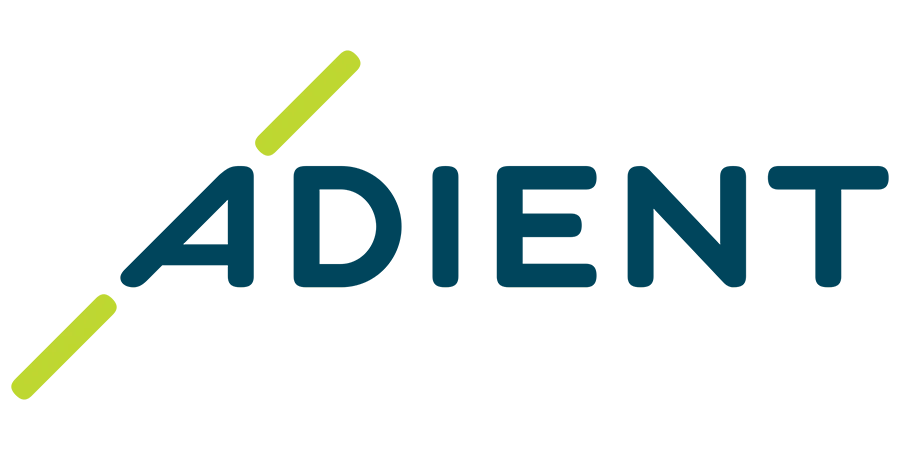

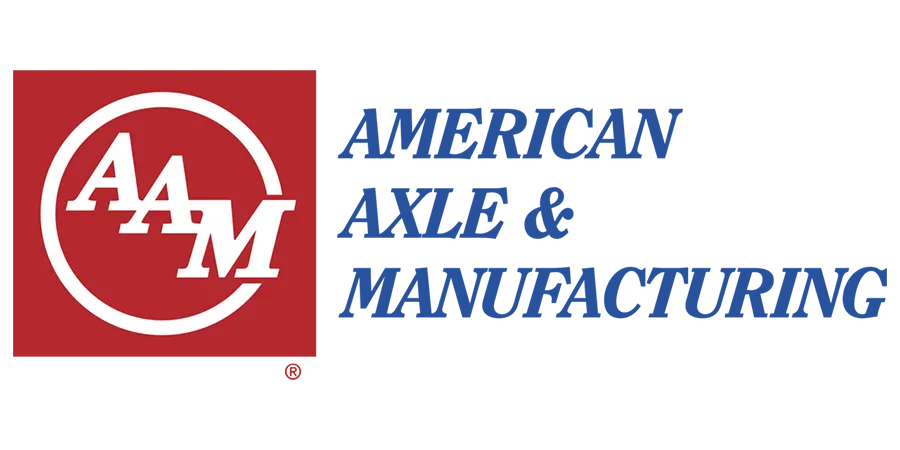
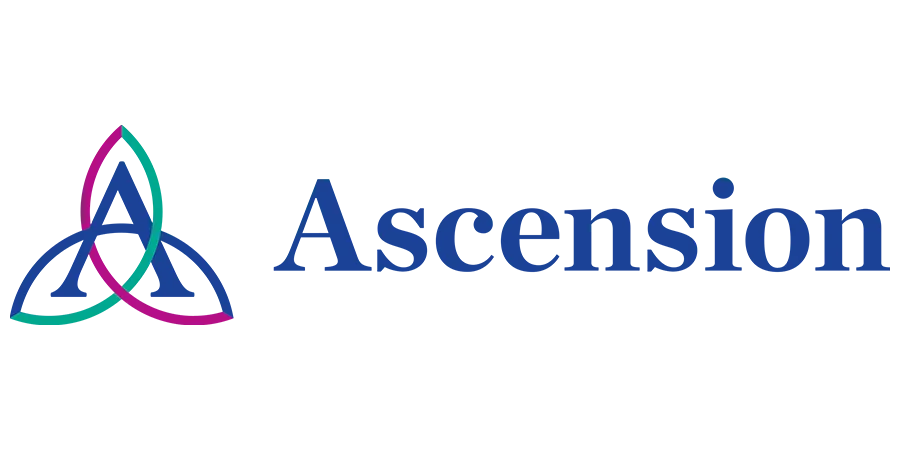


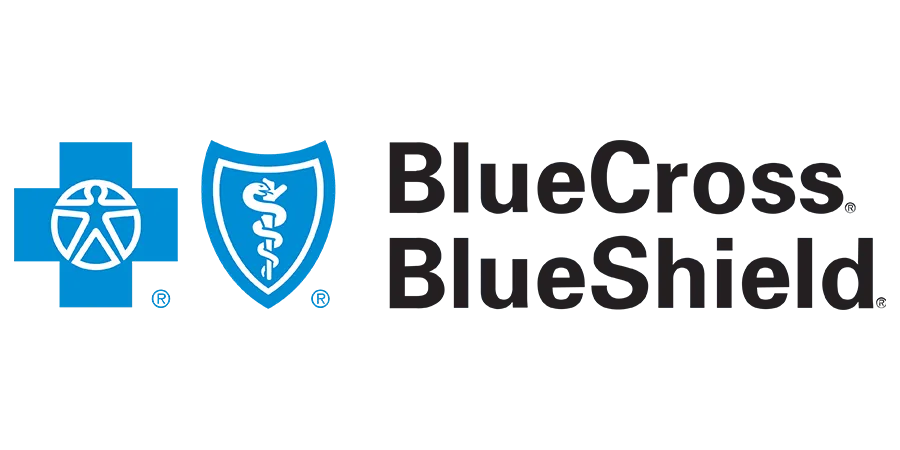

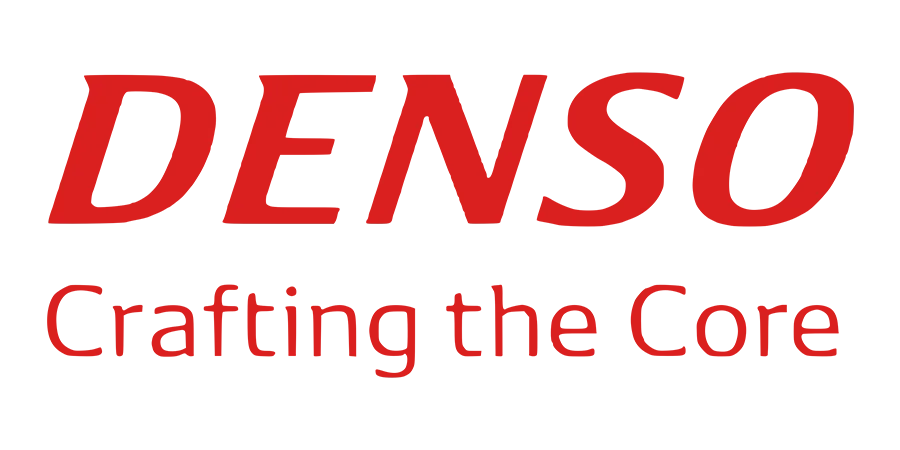

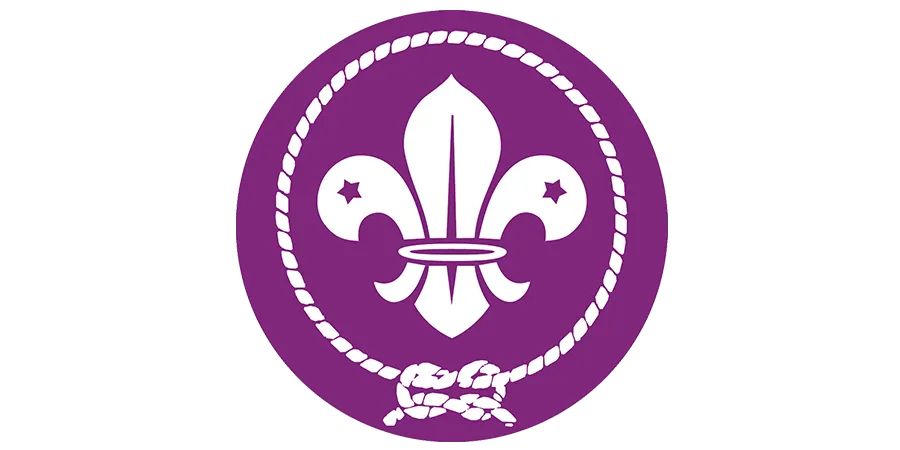
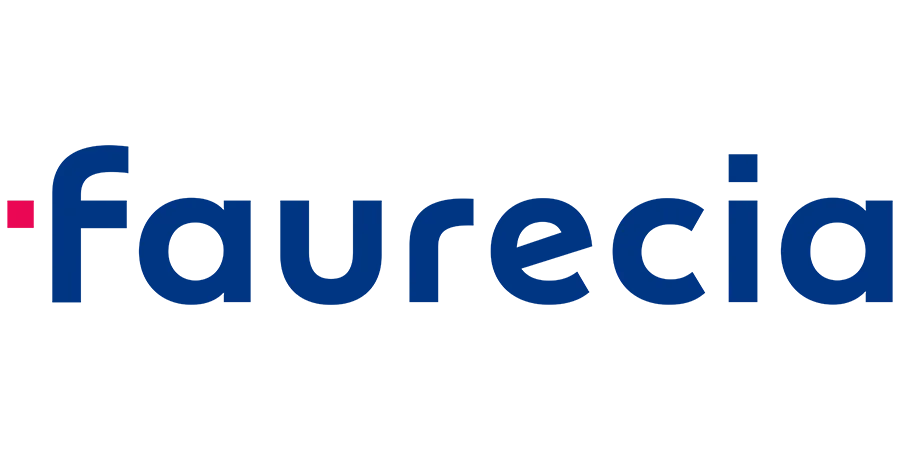
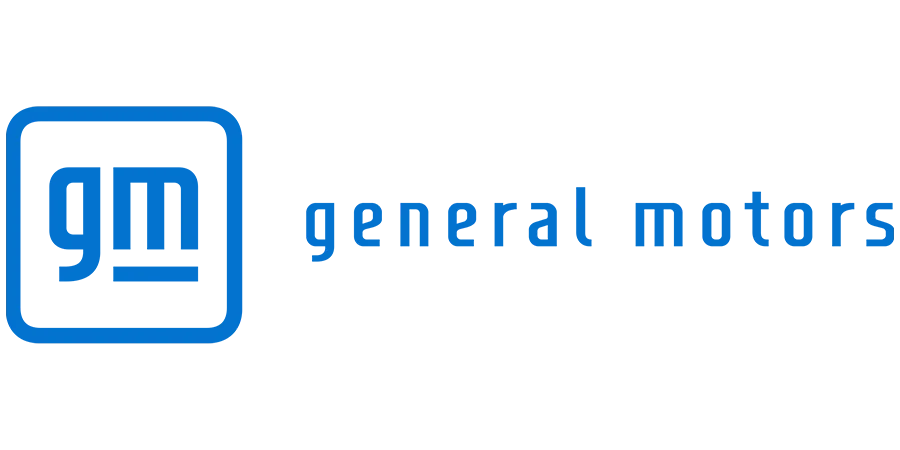
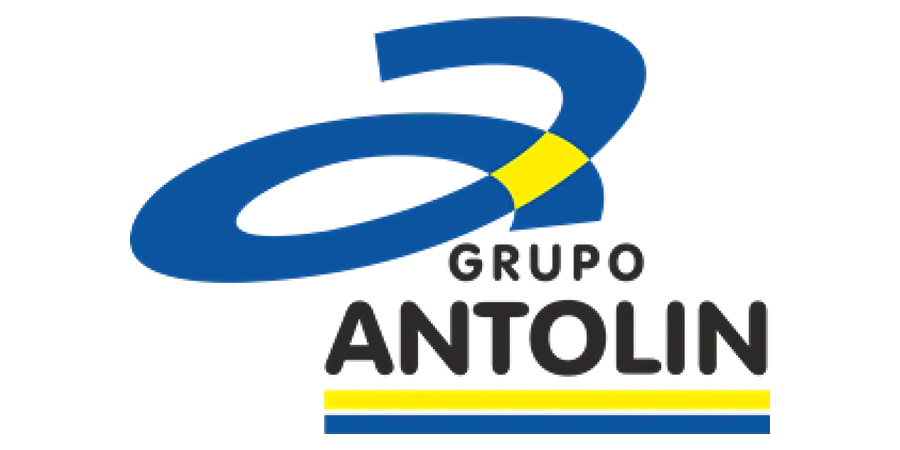
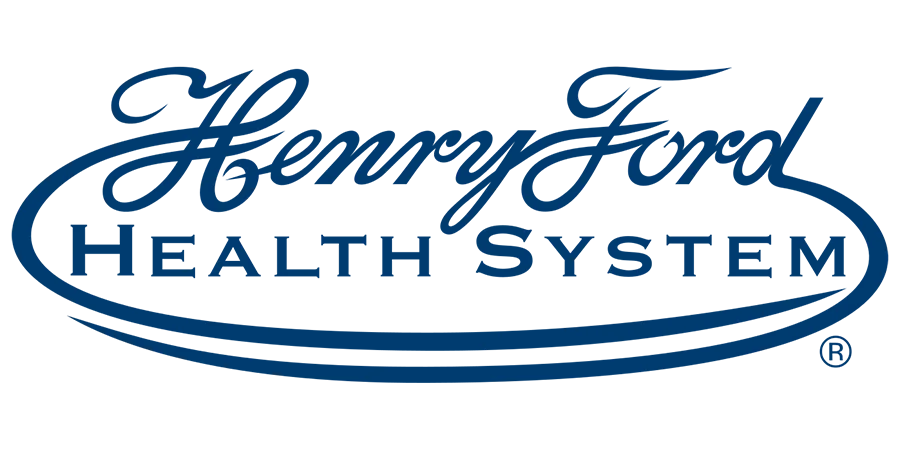
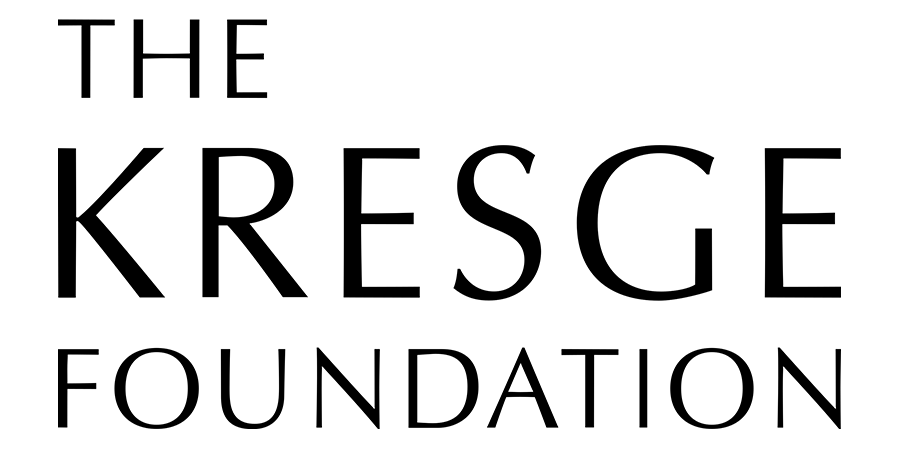
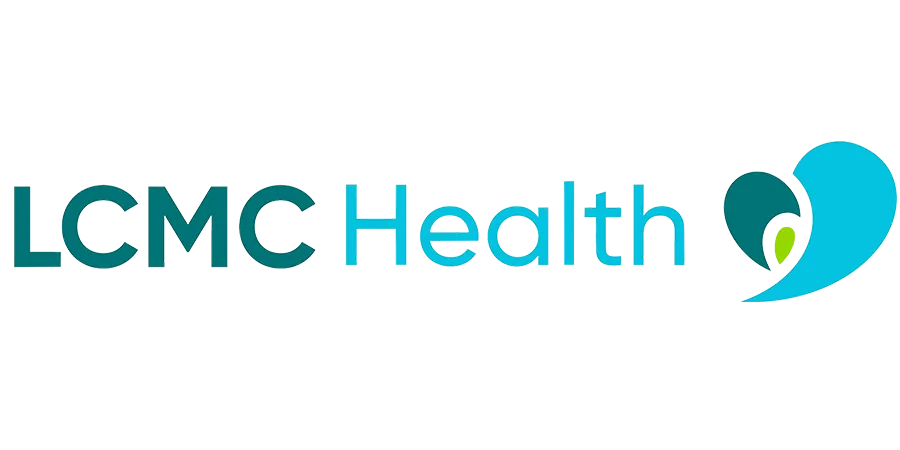
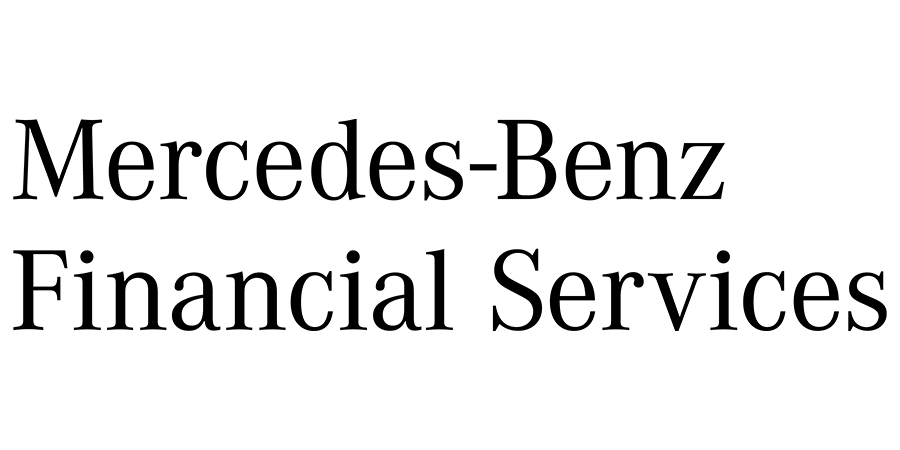
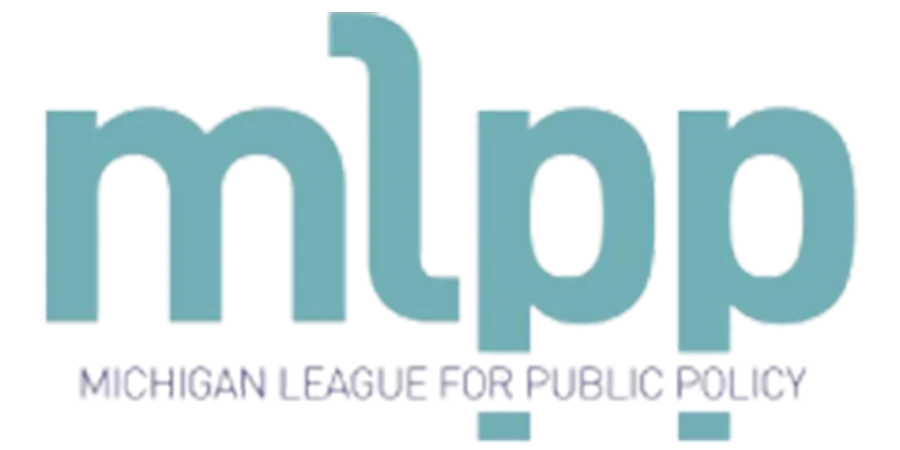
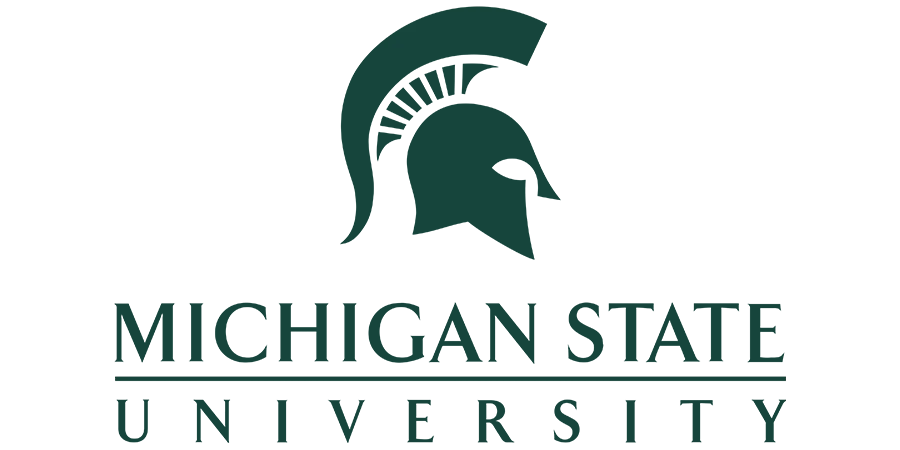
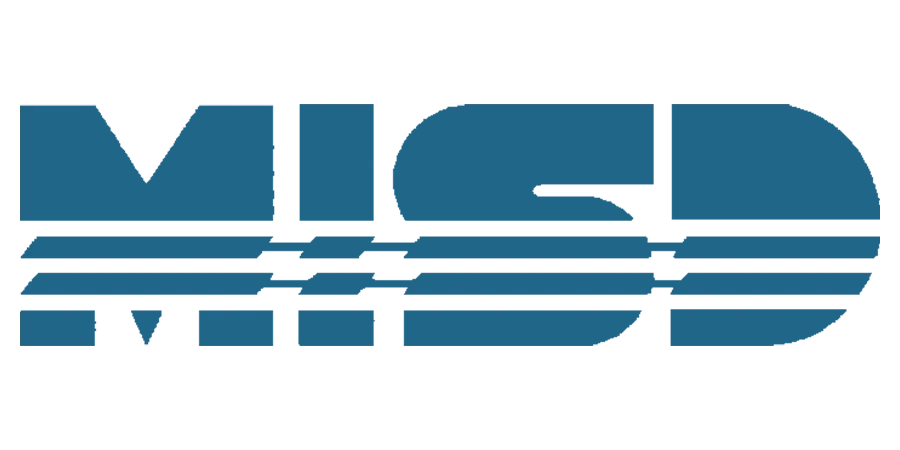
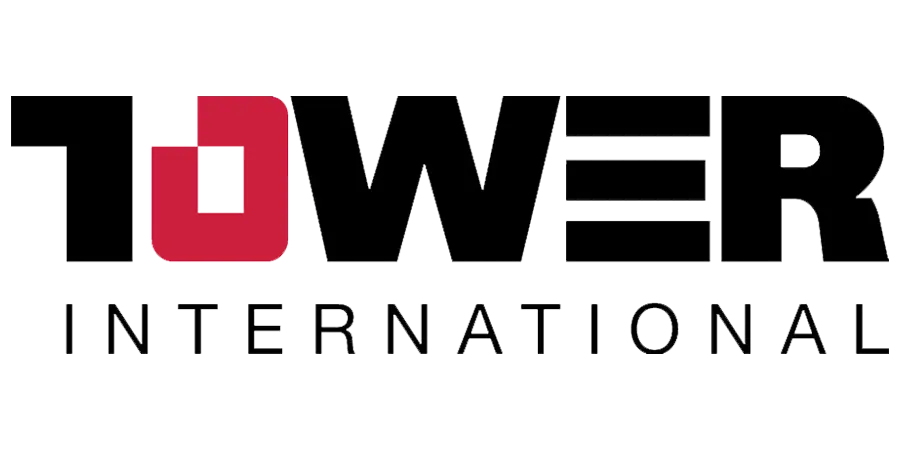

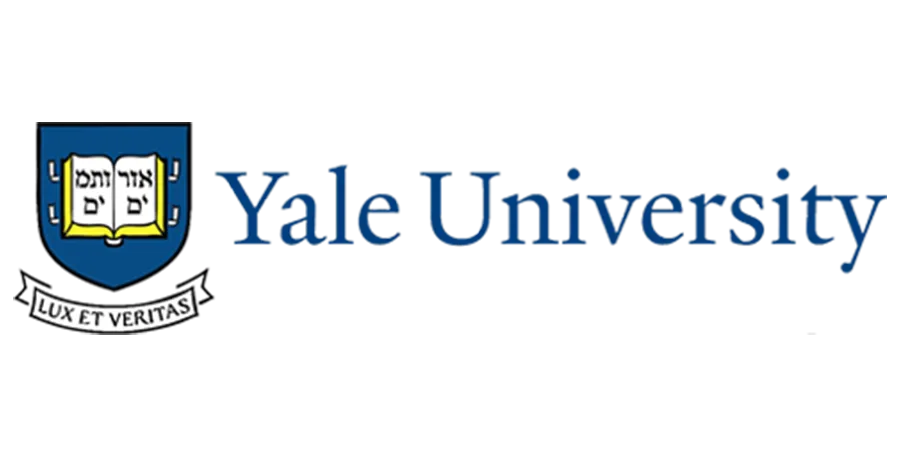

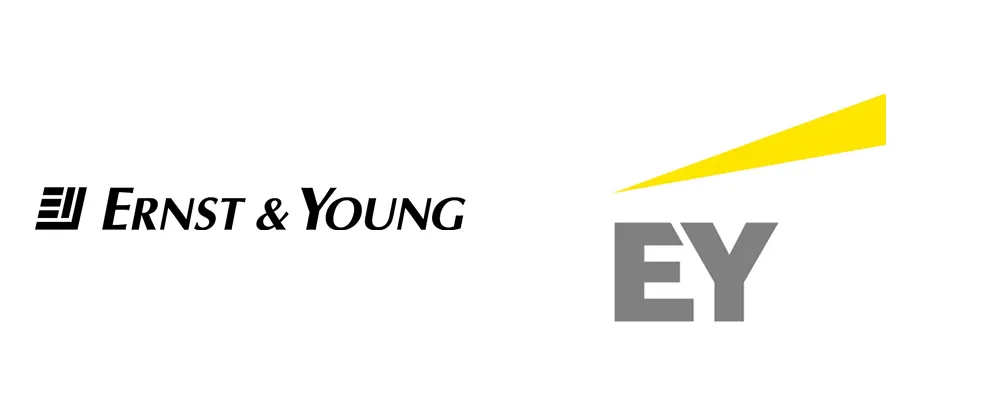

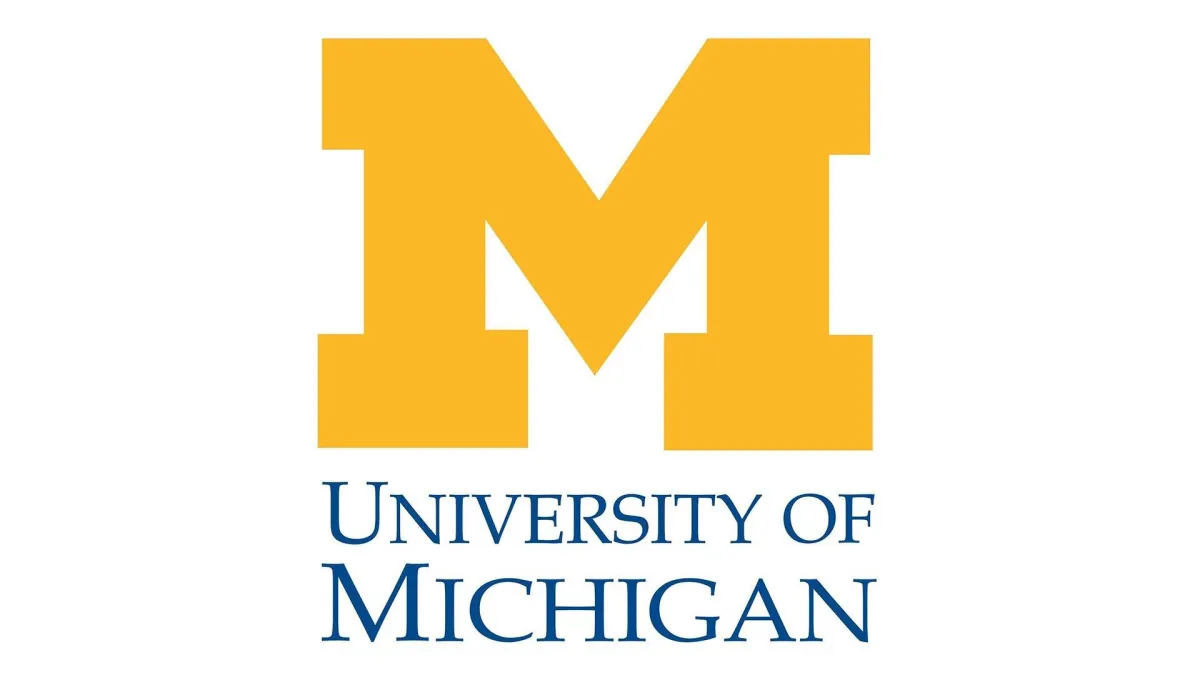
Questions? We want to hear them!
We look forward to working with you and are here to answer any questions you may have. Our focus is on empowering leaders through personalized coaching, helping you achieve growth and success.
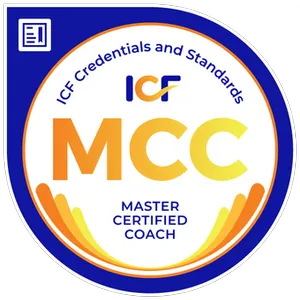
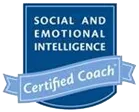
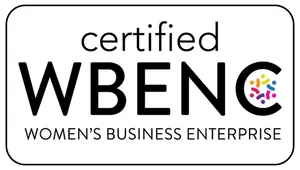
Copyright 2025. CWC Leadership Development. All Rights Reserved.
